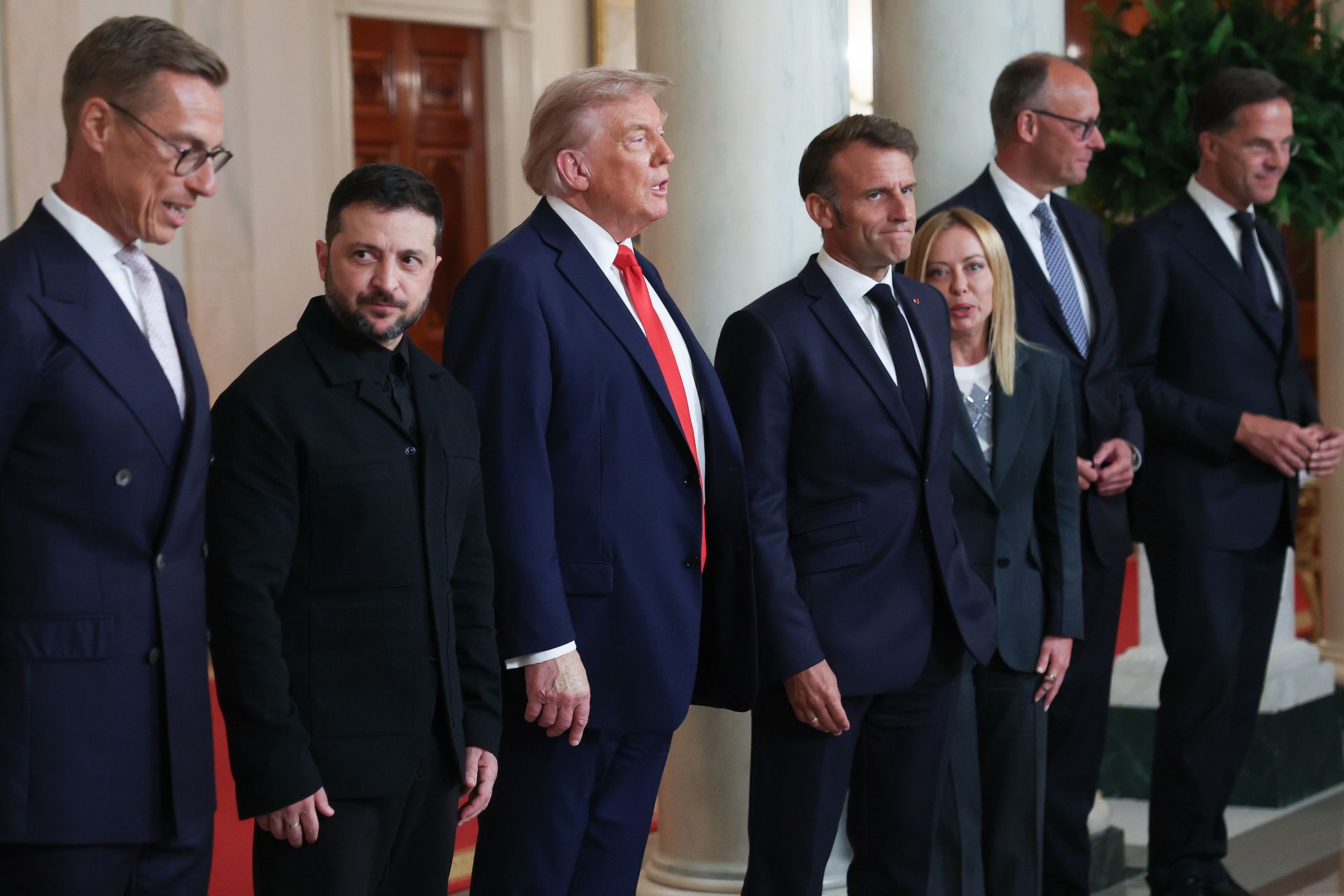EU weighs frozen Russian assets for Ukraine but rules out confiscation for now

The European Union will explore how frozen Russian assets could eventually be used to fund Ukraine’s defense and postwar reconstruction, but confiscating them now is not politically realistic, EU foreign policy chief Kaja Kallas said on Aug. 30.
The bloc has frozen some 210 billion euros ($245.85 billion) in Russian assets under sanctions imposed over Russia's full-scale invasion of Ukraine. Kyiv and several EU members — including Estonia, Lithuania, and Poland — have pushed for immediate seizure of the funds to close Ukraine’s multibillion-euro budget gap for next year. But France, Germany, and Belgium, which holds the largest share of the assets, have resisted.
Speaking after a meeting of EU foreign ministers in Copenhagen, Kallas said all members agreed that "it was unthinkable that Russia will ever see this money again unless it fully compensates Ukraine" for war damages. "We don’t see them paying for the damages. So we need to have an exit strategy" for how to use the assets when the war ends, she added.
Since 2022, over $300 billion in Russian central bank reserves were frozen, with most — 191 billion euros ($198 billion) — held in Belgium's Euroclear depository.
Belgian Foreign Minister Maxime Prevot stressed that seizure of the funds is not an option at present. "Those assets are solidly protected under international law," he told reporters. "Confiscating them would trigger systemic financial instability and also erode trust in the euro." Prevot also dismissed proposals to alter investment strategies to generate higher returns from the frozen funds, saying such moves would be financially and legally too risky.
The G7, which includes the EU, agreed last year to channel profits from the frozen assets into a $50 billion loan for Ukraine. "Belgium and many other countries are not willing to discuss (taking the assets) now … but everybody agrees … that Russia should pay for the damages, not our taxpayers," Kallas said.
Russia has previously signaled it could accept the use of frozen assets for reconstruction, but would demand that some of the money be directed toward areas under its occupation, sources told Reuters in February.











